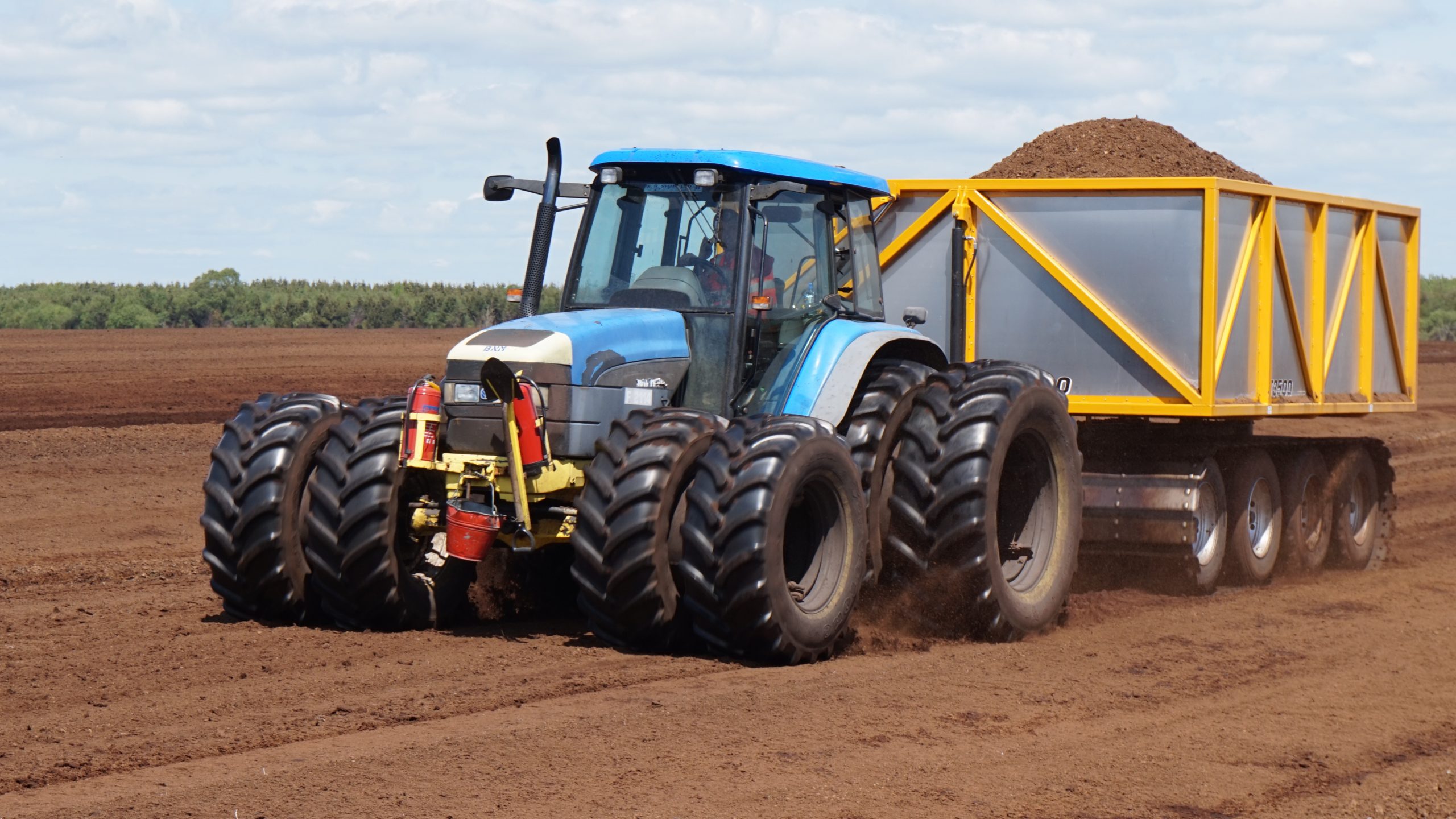The intention of certification is to ensure that peatland will be used, managed and restored in a responsible way. Currently there are two schemes in use, RPP and Veriflora.
Responsibly Produced Peat (RPP)

The Responsibly Produced Peat (RPP) certification system does not allow peat extraction from high conservation value areas. It stimulates peat extraction from highly degraded areas followed up by appropriate after-use measures. High conservation values (HCV) are biological, ecological, social or cultural values of outstanding significance or critical importance. This could be the presence of rare species or special ecosystem services. RPP certification prevents that peat extraction affect these HCVs. In addition, rehabilitation measures can result in a net gain in natural values, especially after extracting peat from degraded peatland used for agriculture or forestry. This way RPP generates benefits for both, nature and industry.
Responsibly Produced Peat certification secures the best possible development after completion of peat production, with preference for restoration. Traditions for peatland use and ecological conditions vary between countries. National legislation, land owners, and environmental policy guidelines set the outlines for possible after-use regimes in many countries. Stakeholder consultation, including local authorities, NGOs and local communities, is an important part in this process.
Other requirements are:
1. Legality
2. Good governance
3. Site selection
4. Site preparation and peat extraction
5. After-use / Rehabilitation
6. Chain of Custody and RPP-labelling
Source: www.responsiblyproducedpeat.org
Veriflora
The Canadian Certification for Responsible Peatland Management – an international first – guarantees the application of good management practices in all aspects of sustainable development. The Certification is an annex to the Veriflora® Standard, a North American certification system in sustainable development in floriculture and horticulture. The program is under the authority of SCS Global Services (SCS), a global third-party certifier and one of the most recognized in North America.
The sector-specific goals of the Responsible Peatland Management Certification are:
- To restore carbon accumulating wetland ecosystems;
- To reduce the environmental footprint in peat moss production;
- To stimulate innovation;
- To establish a path for continuing improvement;
- To favor horticultural and other biological uses of peat moss; and
- To support cost-effective uses of value-added by-products that result in the reduction of greenhouse gas emissions.
Source: www.peatmoss.com
